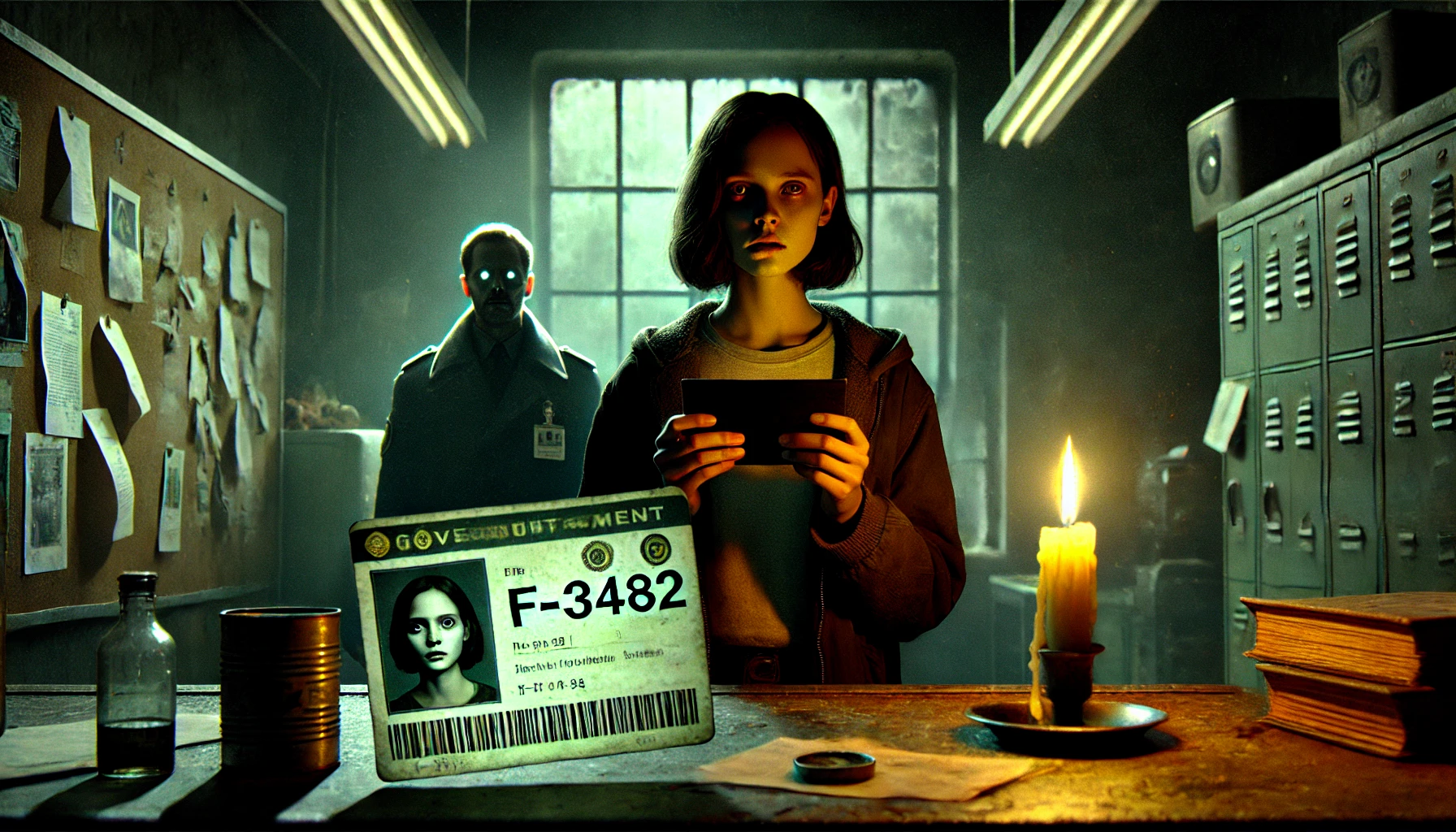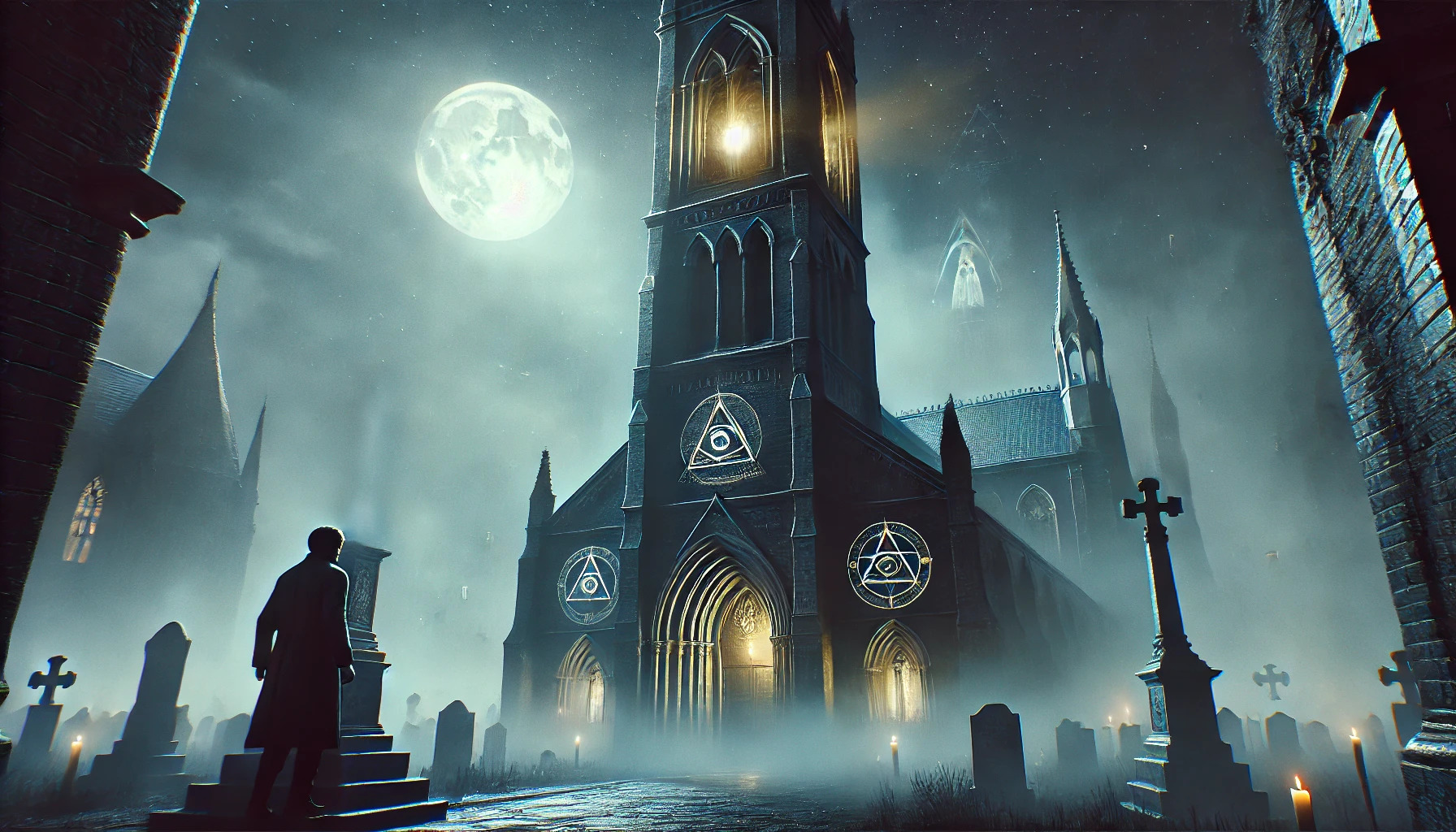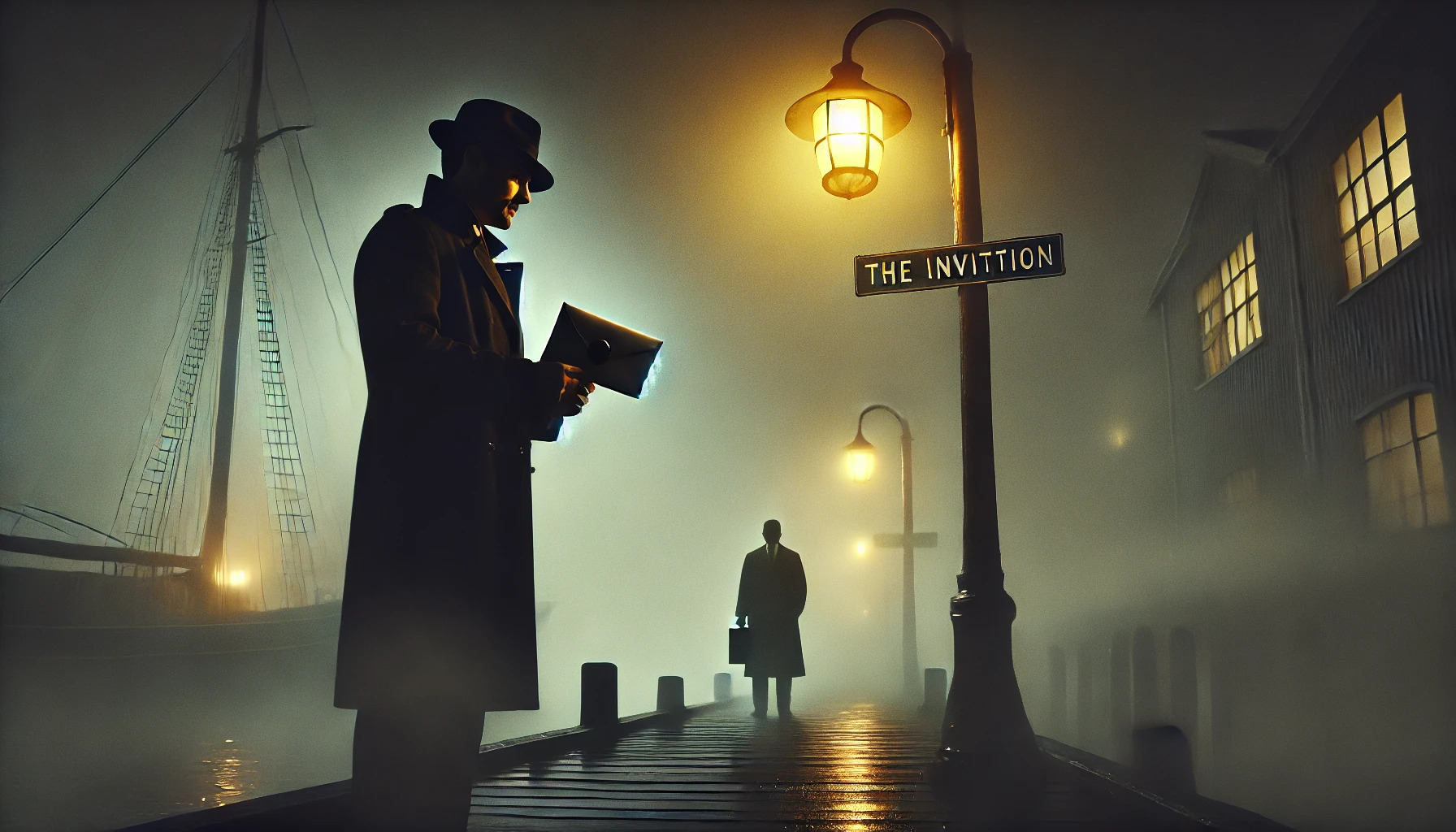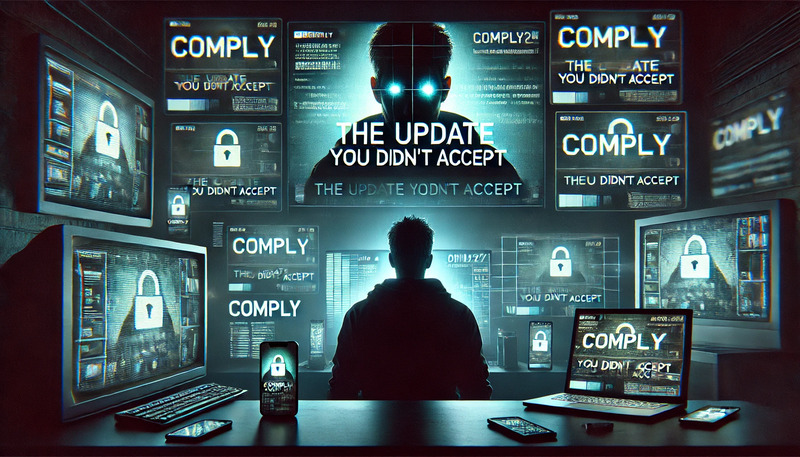
The Black Envelope
In a crumbling neighborhood plagued by blackouts and vanishing residents, Marisol receives a mysterious black envelope bearing a code linked to her missing brother. As strange figures emerge from the darkness and reality begins to flicker like faulty light, she must decide whether to obey the silent summons—or burn the truth before it consumes her.
The power went out again just after midnight, right as the baby next door stopped crying.
In the silence, Marisol heard the soft thunk of something slipping through her rusted mail slot.
She sat still on the cracked tile floor, the candle throwing shadows on peeling green walls. Her mother used to say that when the lights died three nights in a row, something was coming—not someone, something. Marisol never believed her. Not until last month, when Ana disappeared after receiving a black envelope.
Marisol had grown up in Barrio 4, where the rain never drained, and the roads were more dust than asphalt. Her father, a mechanic, vanished during the fuel riots. Her brother, David, vanished last year after joining "the registry"—a government work program that promised food, shelter, and never delivered either.
She approached the door slowly, every step creaking. The envelope lay there, pitch-black, its surface strangely smooth like plastic. No name. No address.
Down the hallway, Don Lucho’s TV flickered despite the blackout. White static. That had happened before. The night before Rosa, the old woman with the red rosary, went missing.
Marisol picked up the envelope. It was warm.
Inside: a folded note on blank white paper, typed in block letters.
“Your role has been selected. Report before dawn.”
Below that, a location: Zone 3 — Processing Facility.
And a number: F-3482
She sat on her mattress, fingers trembling. That number—it was the same as David’s. She remembered it on the back of his ID card. She kept it in a box, hidden under her mother’s old radio.
She dug it out, flashlight in her mouth. The ID glowed faintly, almost alive. F-3482. The ink shimmered.
She blinked.
The number on the envelope had changed. Now it read: F-3483
A knock at the window.
She turned fast—an old man in a facility uniform stood outside, motionless. Pale eyes. No breath in the cold air. He lifted his hand slowly and tapped once on the glass.
Then he smiled. Not with his mouth—with his eyes.
Marisol backed away, heart pounding.
She remembered Ana's words the day before she vanished: “Don’t go to the facility. They don’t process people. They replace them.”
The man outside was still smiling. And behind him, another figure stood in the dark—David.
Only, it wasn't him. Not really. His eyes were too flat. Too still.
She dropped the envelope into the oil drum by the alley and lit a match. As it burned, the paper crackled louder than it should have.
The flames flashed a blinding white—then vanished.
The lights in her building came back on.
At sunrise, Marisol sat alone on her rooftop, watching hazy helicopters pass over the broken skyline. The number still glowed faintly on David’s ID.
She slid it into her pocket and walked downstairs.
She didn’t know where she was going. But it wasn’t there.
In the silence, Marisol heard the soft thunk of something slipping through her rusted mail slot.
She sat still on the cracked tile floor, the candle throwing shadows on peeling green walls. Her mother used to say that when the lights died three nights in a row, something was coming—not someone, something. Marisol never believed her. Not until last month, when Ana disappeared after receiving a black envelope.
Marisol had grown up in Barrio 4, where the rain never drained, and the roads were more dust than asphalt. Her father, a mechanic, vanished during the fuel riots. Her brother, David, vanished last year after joining "the registry"—a government work program that promised food, shelter, and never delivered either.
She approached the door slowly, every step creaking. The envelope lay there, pitch-black, its surface strangely smooth like plastic. No name. No address.
Down the hallway, Don Lucho’s TV flickered despite the blackout. White static. That had happened before. The night before Rosa, the old woman with the red rosary, went missing.
Marisol picked up the envelope. It was warm.
Inside: a folded note on blank white paper, typed in block letters.
“Your role has been selected. Report before dawn.”
Below that, a location: Zone 3 — Processing Facility.
And a number: F-3482
She sat on her mattress, fingers trembling. That number—it was the same as David’s. She remembered it on the back of his ID card. She kept it in a box, hidden under her mother’s old radio.
She dug it out, flashlight in her mouth. The ID glowed faintly, almost alive. F-3482. The ink shimmered.
She blinked.
The number on the envelope had changed. Now it read: F-3483
A knock at the window.
She turned fast—an old man in a facility uniform stood outside, motionless. Pale eyes. No breath in the cold air. He lifted his hand slowly and tapped once on the glass.
Then he smiled. Not with his mouth—with his eyes.
Marisol backed away, heart pounding.
She remembered Ana's words the day before she vanished: “Don’t go to the facility. They don’t process people. They replace them.”
The man outside was still smiling. And behind him, another figure stood in the dark—David.
Only, it wasn't him. Not really. His eyes were too flat. Too still.
She dropped the envelope into the oil drum by the alley and lit a match. As it burned, the paper crackled louder than it should have.
The flames flashed a blinding white—then vanished.
The lights in her building came back on.
At sunrise, Marisol sat alone on her rooftop, watching hazy helicopters pass over the broken skyline. The number still glowed faintly on David’s ID.
She slid it into her pocket and walked downstairs.
She didn’t know where she was going. But it wasn’t there.



Comments